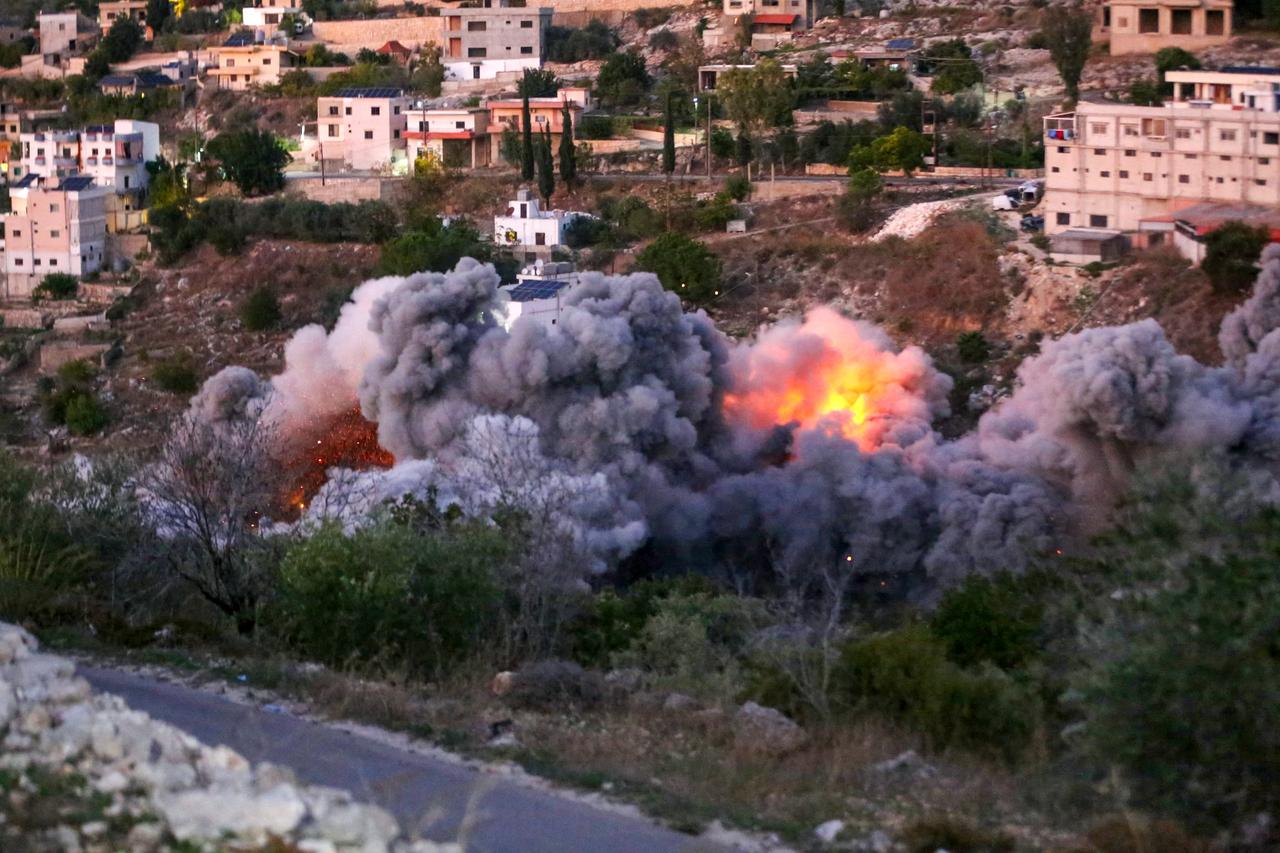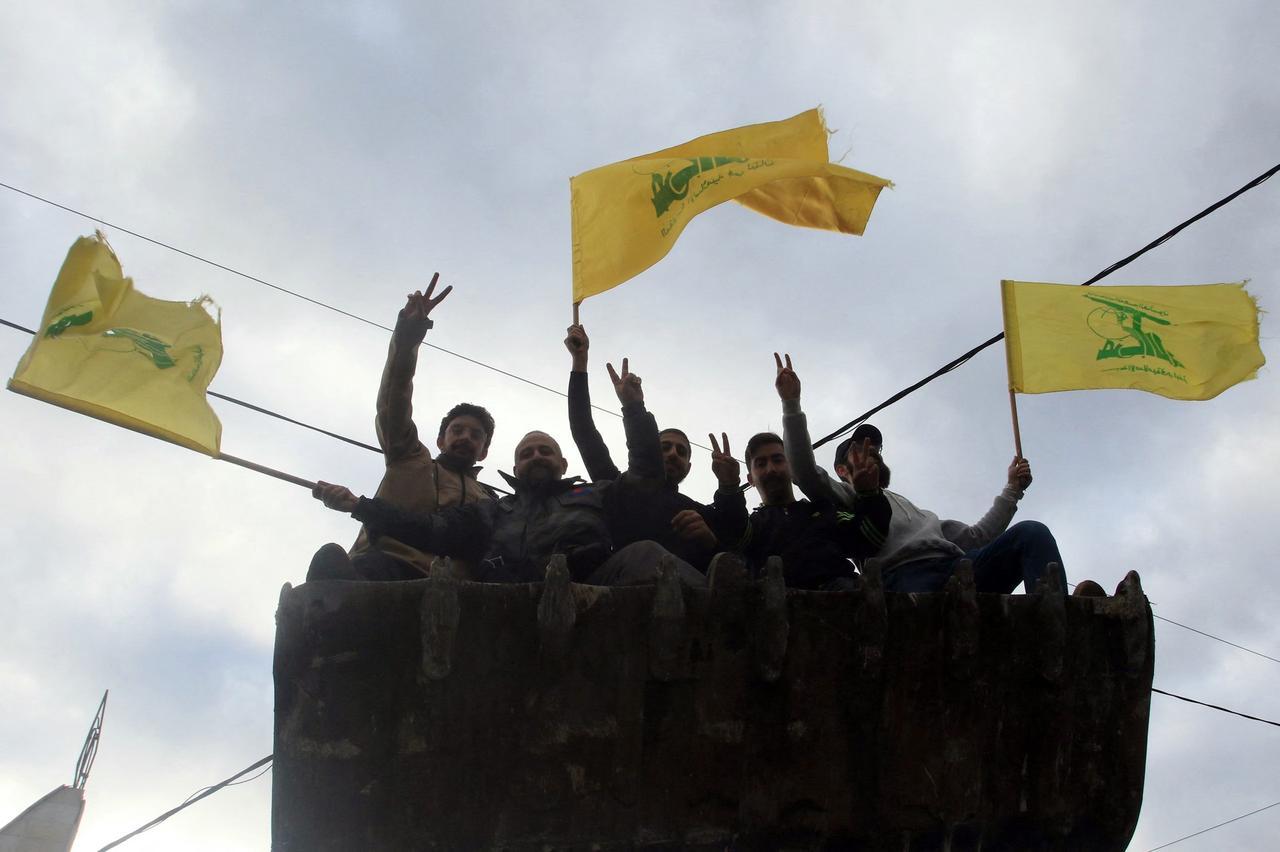
Lebanon’s Prime Minister Nawaf Salam reiterated that his government is ready to enter negotiations with Israel over disputed territory along the southern border but said Israel has so far refused to respond.
The comments come amid growing frustration in Beirut over Israel’s continued military presence in five border outposts despite a ceasefire agreement.
Salam stated in an interview with Bloomberg that President Joseph Aoun had previously offered to initiate dialogue with Israel regarding its partial withdrawal from southern Lebanon. "That’s a puzzle for me. They ask for negotiations, and when we show readiness, they don’t agree to the rendez-vous," he said, noting that the issue would be raised with U.S. officials.
Under the terms of a U.S.- and French-brokered ceasefire that took effect in November 2024, Israeli forces were expected to fully pull back by January 2025. However, Israel has retained control over five hilltop positions along the Lebanese border. While Lebanon argues these posts offer no strategic advantage in the age of drones and satellite surveillance, Israel maintains they are essential for monitoring Hezbollah.
As part of its ceasefire obligations, Lebanon has initiated a phased plan to bring all weapons under state control, including those held by Hezbollah. The plan, first approved by the government in August, mandates the Lebanese Armed Forces (LAF) to disarm non-state groups and expand its presence along the southern frontier.
Salam confirmed that the demilitarization process is "on track," though he acknowledged that limited army resources were slowing implementation. "We need to recruit more people into the army, better equip it, and raise salaries," he said.

Hezbollah, designated a terrorist organization by the United States, has rejected the government's disarmament initiative and accused Beirut of serving Israeli interests. The group also publicly opposed the government's offer to negotiate with Israel, and the two countries remain technically in a state of war.
Tensions have persisted despite the ceasefire, especially following Israeli airstrikes in Lebanon. One of the deadliest incidents occurred earlier this month when an Israeli strike killed 13 people in Lebanon’s largest Palestinian refugee camp.
Israel has continued to accuse Lebanon of not fully implementing the ceasefire terms, particularly regarding the disarmament of Hezbollah. U.S. Special Envoy Tom Barrack recently criticized the Lebanese government, describing it as paralyzed and under the influence of "a foreign terrorist organization."
In response, Salam pointed to increased army control over smuggling routes, especially along the Syrian border, and denied evidence that Hezbollah is rearming.
Lebanon’s disarmament and reconstruction efforts remain severely constrained by the country's financial crisis. Since defaulting on $30 billion in Eurobonds in 2020, the government has struggled with a collapsed currency, a shrinking economy, and soaring debt.
Salam said a draft law is in the works to address the estimated $80 billion hole in the financial sector, with the goal of unlocking support from the International Monetary Fund (IMF). He also noted that a donor conference is being planned in coordination with France and Saudi Arabia to aid reconstruction and support army modernization.
Despite the obstacles, the Lebanese premier expressed hope for a new chapter in regional diplomacy and pledged that Lebanon would not miss "the boat" on potential political and economic shifts in the Middle East.